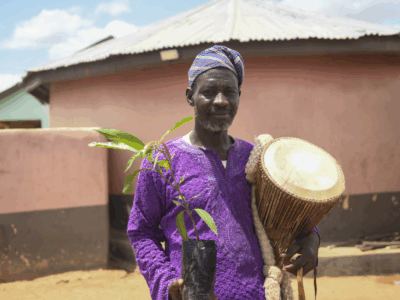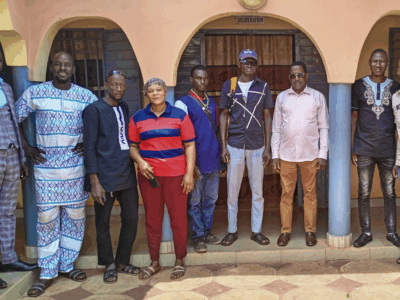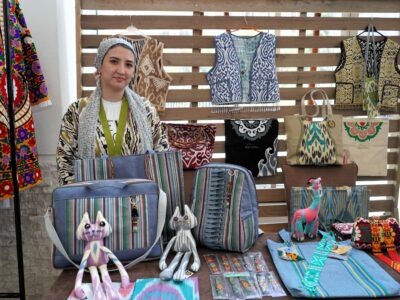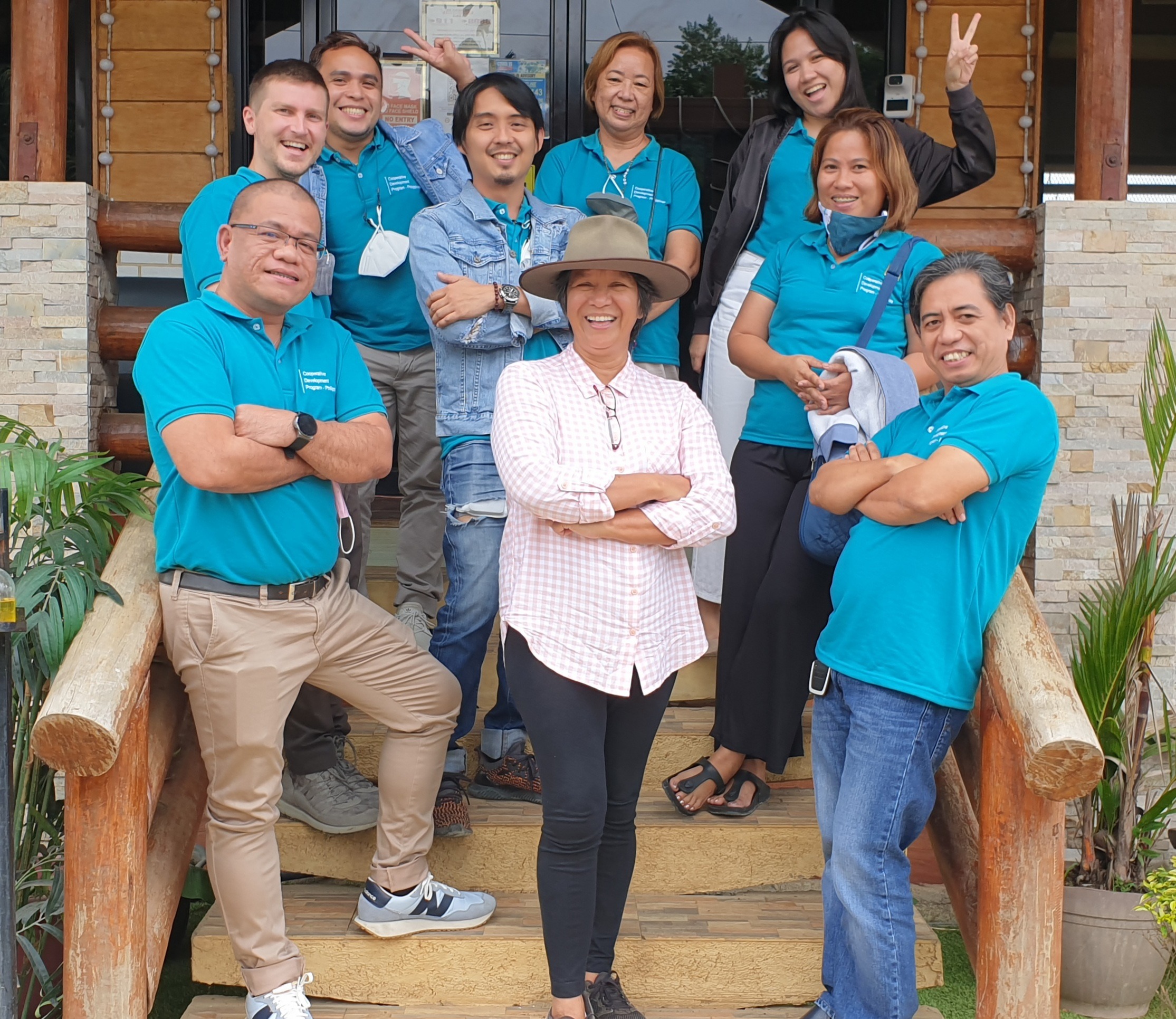
Alfred Allaga is country director of the Cooperative Development Program (CDP) in the Philippines, funded by USAID and led by ACDI/VOCA, overseeing efforts to strengthen cooperatives in Mindanao and Luzon. Read our question and answer with Alfred below to hear his insights about the new program and the power of cooperatives.
Q: How do you feel about the direction CDP Philippines project is going in so far?
A: I feel really excited each day I get to work with the team! It has been a great Year One for us. We have sealed partnerships with 41 cooperatives that we intend to work with, and that’s a great number to begin our journey.
Q: Is it easier to build those collaborative relationships when you’re speaking on behalf of cooperatives, as opposed to speaking on behalf of a USAID program or other entity?
A: [ACDI/VOCA has] implemented several projects in the past that involved agriculture cooperatives and credit unions to some extent. I think because of that good ACDI/VOCA name, it’s easier to really align ourselves with partners. And we were able to assemble a strong team. They initiate things; they propose things. As a team leader, you have to value these great ideas.
Q: What are your biggest lessons learned from the first year of CDP Philippines?
A: Partnership works, especially on programs that are fun!
We do not provide the direct services, but we work with players in the market systems so that things will really happen or really prosper. And it will prosper sustainability. I think that’s the key. We have to use our skills and competence to reach out to partners. Of course, you have to study partners before you dive into a partnership; you have to look at what the value addition of each partner is to the work we do growing cooperatives into viable agri-enterprises.
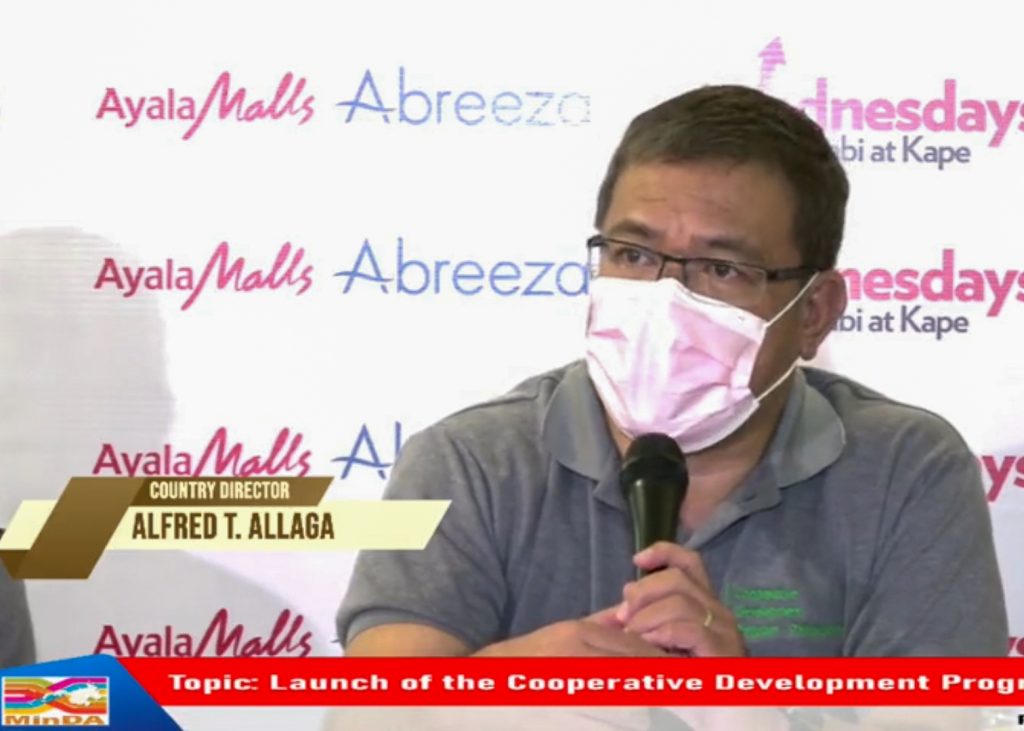
Q: Many of these cooperatives have been around for years. What is preventing them from becoming thriving businesses now?
A: That’s an important question. We have partners that are already more than 30 years old, but I think there was a lack of focus on the agri-enterprise component. If you look at the cooperatives in the Philippines, despite being multipurpose in nature, they are heavily operating a savings and credit businesses. Some are experiencing a plateau in their savings and credit operations. Meaning to say—there are not enough takers anymore, and they are awash with cash.
The challenge is to help them develop other lines of businesses so that they can be true to their classification, which is a multi-purpose cooperative. We’re working on building a viable agri-business enterprise of these cooperative. They see the potential to make money and serve more members through this agri-business venture.
Q: Social inclusion through cooperatives is a big focus for CDP. How do you see that moving forward?
A: Inclusion is not just a theme for us; it’s really our direction. I think the statistics are still true that the average age of a cooperative member is around 55 to 57 years old. That speaks a lot about the exclusion of the young people in cooperatives. These young people are looking for good reasons why they should be in the cooperatives. And, as a program, we want to discover those. The other thing that we’re looking at is the policies of the cooperatives. Some have expressed they need to revisit their policies and their bylaws to conform or align themselves with the current realities.
Q: Alfred, is there anything else you want to share with us?
A: My last thought is that members will only experience satisfaction if we keep up with their preferences, if we remove the barriers to participation, and if we work with other cooperatives. One of the principles is “cooperation among cooperatives.” That’s the direction of this program component in the Philippines. We want to inspire cooperatives to apply the three Is: inclusion, innovation, and integration of their services.
Learn more about the Cooperative Development Program in the Philippines and Guinea.
Learn more about our work in the Philippines.

